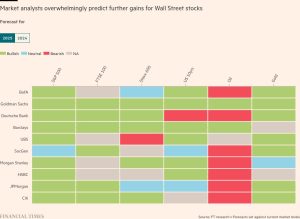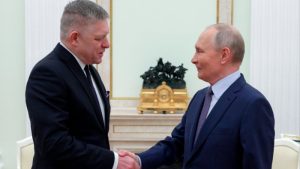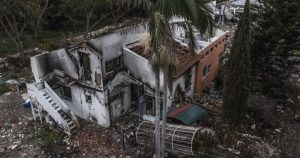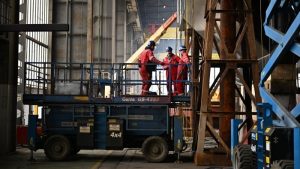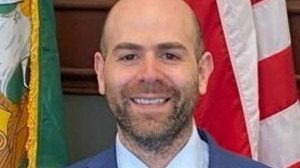Relax Syria sanctions to bring in western oil operators, Gulfsands boss says
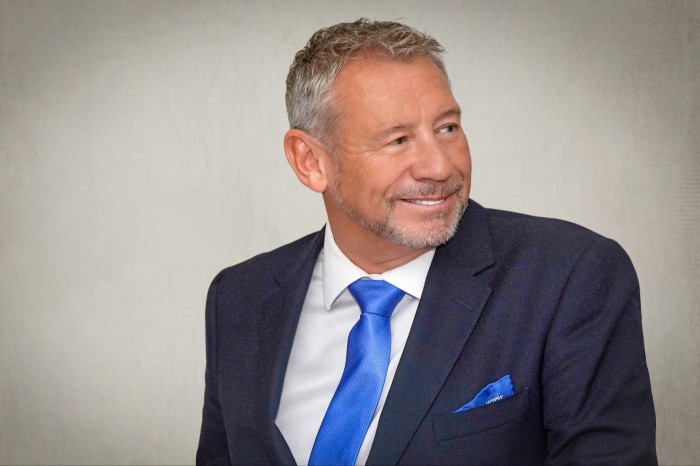
Unlock the Editor’s Digest for free
Roula Khalaf, Editor of the FT, selects her favourite stories in this weekly newsletter.
The head of Gulfsands, the western oil company most exposed to Syria, has called for changes to sanctions to let outside operators return to the market, boost production and give the country “a chance to get back on its feet”.
John Bell, managing director of London-based Gulfsands Petroleum, was speaking after a rebel coalition toppled the Bashar al-Assad regime, which had been under western governments’ sanctions since 2011. Gulfsands’ operations are in an area of north-east Syria long controlled by the Kurdish-led Syrian Democratic Forces (SDF).
Several European and North American companies invested in Syria’s oil and gas before the sanctions. But small independent operator Gulfsands was uniquely specialised, referring to its interests in an area known as Block 26 around Al Hasakah as its “core assets”.
The operations, which were producing just over 20,000 barrels of oil a day before 2011, are held through a 50-50 joint venture with China’s Sinochem.
Bell pointed out that Syria’s oil production had reached around 400,000 barrels a day before 2011 but the figure was now around 80,000 b/d.
“In the right legal framework with the right safeguards in place, the sanctions could be amended, for international companies to go back in,” he said.
Gulfsands has been receiving no revenue from Syrian production since the imposition of sanctions. It has also said that elements of the SDF have been pumping oil from the fields illicitly since 2017.
The company ended its listing on London’s junior Aim market in 2018 and has since repositioned itself as a buyer of oil assets elsewhere in the Middle East.
The illicit producers have been selling oil from Block 26 at well below the prevailing market price of around $73 a barrel.

Bell said prices would rise to international levels if western companies were allowed to return and Syria’s production to rise. Gulfsands has long suggested a system where outside observers would monitor revenue flows and ensure they went to rebuilding and other humanitarian projects.
“Instead of having 80,000 barrels a day sold at $15 or $16, you make that legal and grow it back to 400,000 a day,” Bell said. “It allows the ability to accelerate early recovery and invest in the right humanitarian programmes. It gives Syria a chance to get back on its feet.”
Only the oil and gas industry could generate enough revenue to rebuild Syria, Bell said. He added that the rebel groups currently extracting oil were using “incompetent practices” that were failing to manage oil reservoirs correctly.
Other European and North American oil and gas companies with suspended operations in Syria include Shell, which owns 20 per cent of Al Furat Petroleum, a Syrian oil producer.
France’s Total has a stake in the Tabiyeh gas project and a 50 per cent stake in an oil production operation in Deir Ezzor, in eastern Syria. Canada’s Suncor has a 50 per cent stake in the Ebla gasfield.
None of the companies would comment on whether they were engaged in efforts to return to the country.
Hayat Tahrir al-Sham, the rebel group that led the offensive that toppled Assad, is classified as a terrorist group by many western governments, a factor that is complicating efforts to reopen trade and investment links.
Bell said it was “early days” for the company to enter into any formal negotiations about a return to Syria but that it was “monitoring” the situation. He said he expected the new government to respect its existing oil production contract.
The new Syrian authorities have not so far addressed the issue of foreign participation in the oil and gas sector.
The UK’s Foreign Office declined to comment on any plans to lift sanctions or encourage the return of western oil companies.
#Relax #Syria #sanctions #bring #western #oil #operators #Gulfsands #boss

